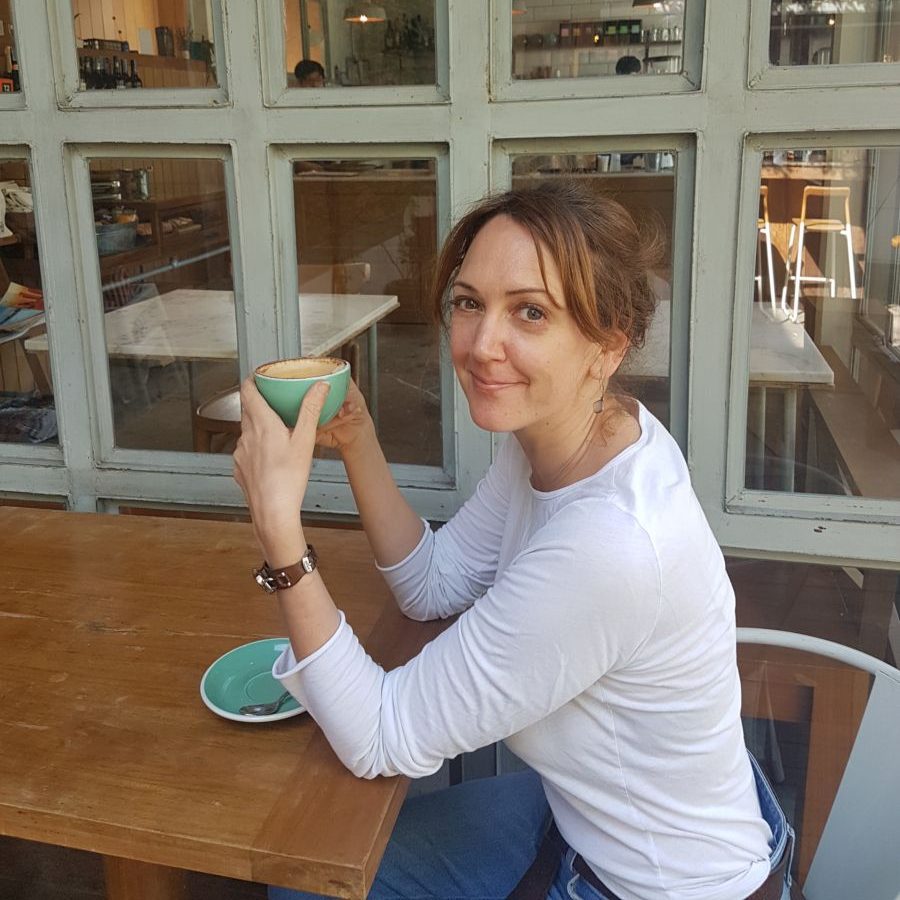What exactly is so specific about HR in the humanitarian sector? – Coffee with Clare Condillac, Bongo HR
With just a few days to go until HHR Asia 2018, we were curious to get to know one of the speakers, Clare Condillac, Director of Bongo HR, a bit better, so we had a quick virtual coffee with her and asked her a few questions.
What key messages are you planning to deliver to your audience in Bangkok?
Through interactive work, we will look at the various stakeholder perspectives on the value of HR in humanitarian response from affected communities to internal management. We will be working together to capture metrics that will help to monitor the performance of the HR function at different stages of a disaster response. Basically, I hope to share with them my three golden rules: recognize in advance what barriers they may face in capturing metrics and build overcoming them into disaster preparedness; contextualize to the needs of your own organisation; and link metrics to improved organization performance.
What would you say differentiates the HR function in the humanitarian sector from the HR function in, let’s say, the retail sector?
It’s interesting that you are asking because I started my career in the private sector. To have a seat at the table, HR professionals in the humanitarian sector need to understand the programmes being implemented by their organization, as well as the trends and issues within the wider humanitarian system.
I’d say that private sector HR professionals can bring a lot of good practice with them, but nothing substitutes real-life experience in an emergency setting. Even the best simulation exercise cannot truly represent the volume, complexity and speed of HR work in an emergency setting. To add value and provide effective support to a humanitarian programme, HR managers need to put on their humanitarian boots and adapt to very different ways of working.
There’s lots of talk – including with the Core Humanitarian Competency Framework, which has recently been revised – about what makes a competent humanitarian worker. What are the three main qualities that you were looking for when recruiting?
Firstly, it is very important to be able to deal with multiple simultaneous demands and prioritize effectively. Secondly, you need to have a flexible working style and be able to constantly adapt, as humanitarian programmes evolve so quickly that your critical challenge today is not the same as tomorrow’s. Finally, you really need to be able to build effective interpersonal relationships quickly and work well in a team. For a large disaster response, your team may be from very diverse backgrounds, but even smaller national responses may entail working with new people and taking on different responsibilities.
HHR Asia is starting on Monday. What are you most looking forward to?
It will be an opportunity to reflect. This means looking backwards and figuring out what has worked well and what lessons have been learnt and sharing one another’s experiences – it’s a great opportunity to share knowledge and learning, and to realize you are not alone. But it is also a golden opportunity to collaborate and think about the future together as we explore the challenges and opportunities that lie ahead. And in doing so, we can build our personal networks so we can draw on one another and the expertise we have across the sector as we start to tackle these issues. Above everything else, the conference will provide an opportunity to step back from our very busy working lives and have space to really think and explore so we can become more effective.
What is so particular about the humanitarian sector in Asia?
The Asia region is hugely diverse. Having lived in Asia for nine of the past twelve years I have personally witnessed some of the tremendous change across the region. Many countries in Asia have achieved or are on the road to achieving middle income status. Some new global economic power houses have emerged, for example, in China and India. There have been huge demographic changes. This all contributes to a very exciting, dynamic environment, with new opportunities springing up everywhere across the region.
When it comes to the humanitarian sector, Asia is facing issues such as climate change, environmental degradation, rapid urbanization, but also growing inequality alongside the economic development. The region is still the most disaster prone globally in terms of natural disasters and is seeing increasing frequency and severity of climate-related disasters such as floods and droughts, many of which do not make international headlines but have a devastating impact on the lives of those affected. The region has developed quickly and there is a risk some people are being left behind, especially from marginalized and excluded communities.
Clare Condillac has 17 years’ experience in HR, with a career which includes seven years in the private and public sectors in the UK, and ten years in the international development and humanitarian sector. She has lived and worked in around 20 countries in Africa and Asia, and for organisations including the British Red Cross and Oxfam. Her most recent position was as Regional HR&OD Partner for International in Asia, where she led the HR&OD function for some 3,000 staff in 15 country offices across the region. At the start of this year, Clare established Bongo HR – a global network of experienced consultants working together to strengthen the HR and people management capabilities of international development and humanitarian organisations.

